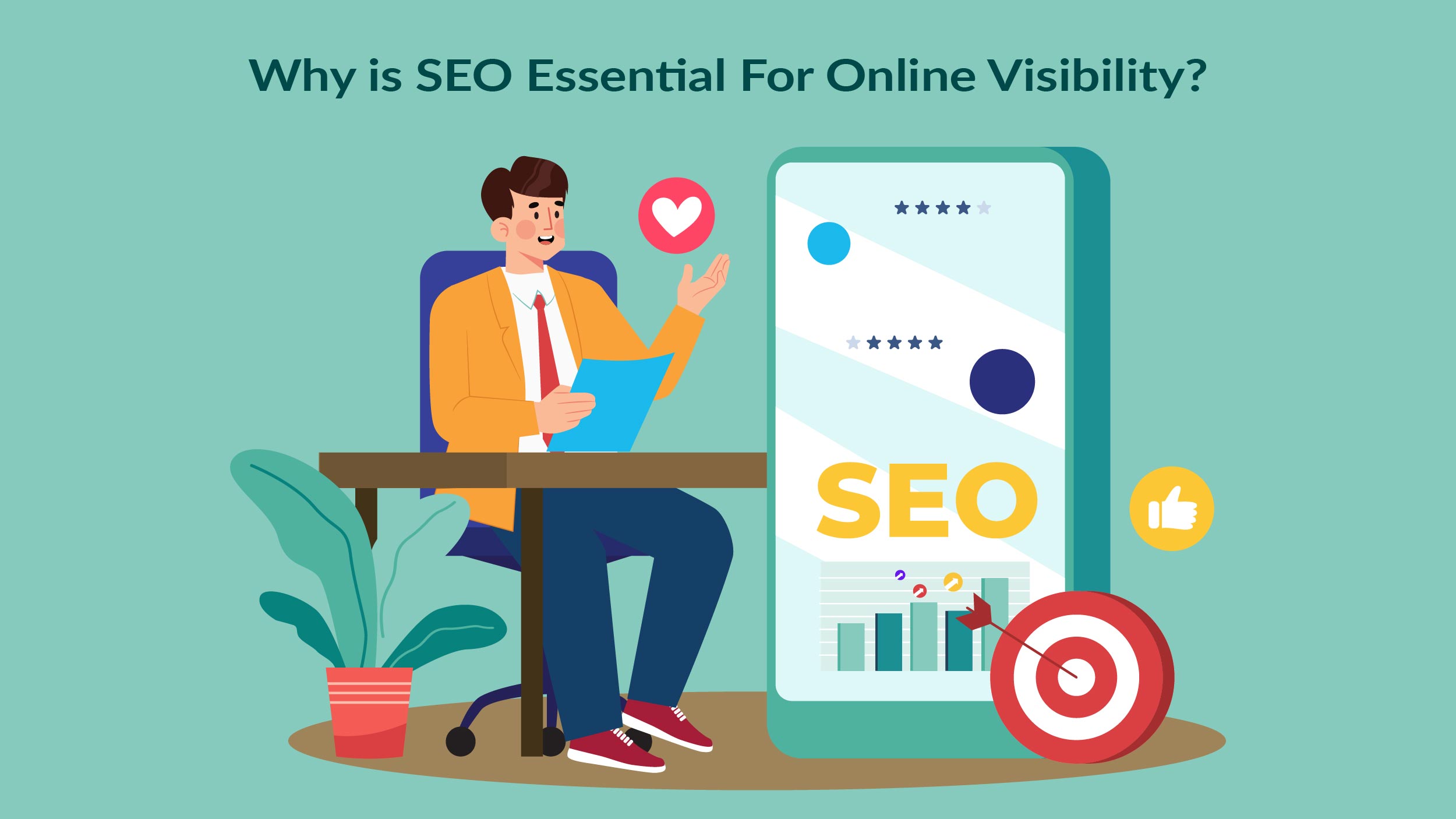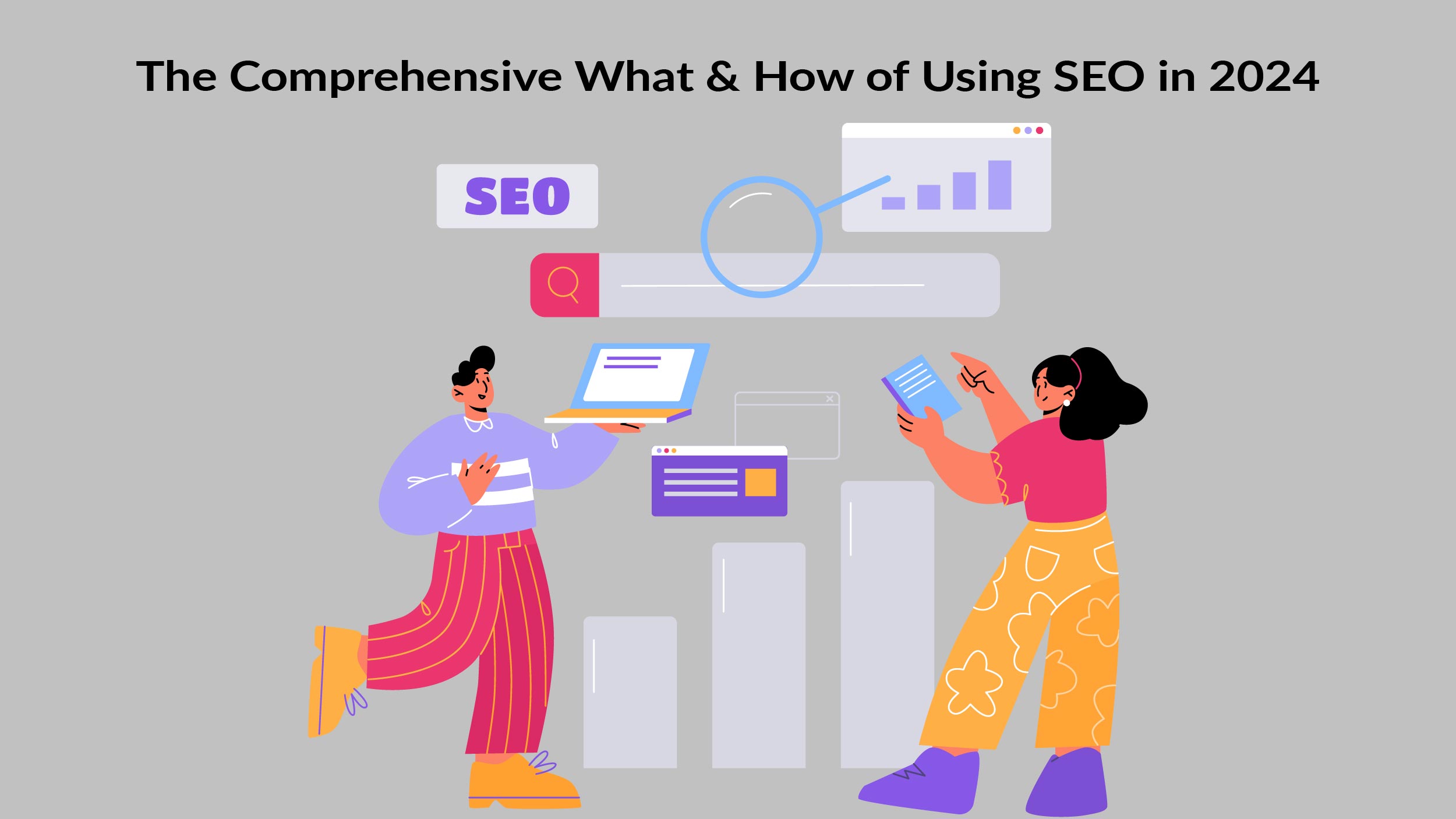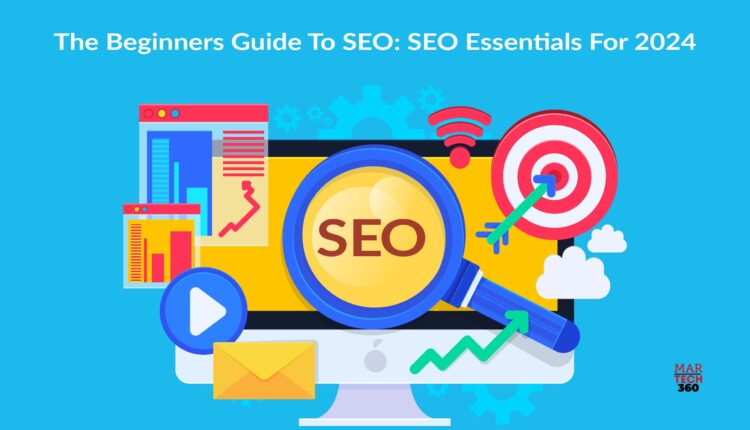In the digital age, where the online marketplace is vast and ever-expanding, achieving visibility amidst the sea of websites is paramount for success. With millions of websites competing for attention, it can be overwhelming to ensure that your website gets noticed by the right audience. Search Engine Optimization (SEO), helps businesses to solve this problem. SEO offers a comprehensive set of techniques and strategies that can help your website navigate the labyrinth of search engine algorithms, ultimately propelling it to higher rankings, increased visibility, and greater online prominence. Let’s delve in and learn more.
Why is SEO Important For Website Owners?
SEO boosts a website’s search visibility. It’s vital for these key reasons:
- Ranking higher improves your chances of being found and getting more eyes on your pages. This increased exposure is crucial.
- Optimizing content with relevant keywords means attracting visitors already interested in what you offer. Targeted traffic converts better.
- Consistent top rankings build trust and brand recognition with users over time. Awareness grows steadily.
- SEO strategies cost less long-term than paid ads, yet still drive quality organic traffic effectively. It’s cost-efficient marketing.
- The process involves enhancing content, structure, and user experience across your site. Improved UX encourages engagement and lower bounce rates.
- In today’s fiercely competitive online landscape, mastering SEO gives businesses a distinct edge. Outranking rivals capture more potential customers.
- SEO delivers lasting gains. Unlike short-lived marketing tactics, it keeps driving organic visitors long-term. Once ranking well, your website stays visible, generating leads continuously.
SEO is vital. It boosts visibility, draws relevant audiences, builds brands, enhances user experience, rivals competitors, and secures digital success long-term.
Why is SEO Essential For Online Visibility?
 Search engine optimization holds critical importance for online visibility due to several key reasons:
Search engine optimization holds critical importance for online visibility due to several key reasons:
- Enhanced Organic Traffic: SEO elevates websites in search engine results pages (SERPs), resulting in increased organic traffic. Appearing on the first page of search results significantly boosts visibility and exposure, leading to more clicks from users.
- Improved User Experience: SEO entails optimizing various website aspects, including structure, loading speed, mobile compatibility, and navigation. These enhancements enhance the overall user experience, facilitating easier navigation and engagement for visitors.
- Enhanced Credibility and Trust: Websites ranking higher in search results are often viewed as more credible and trustworthy. SEO contributes to building authority and trustworthiness by optimizing content, securing quality backlinks, and providing valuable information aligned with user intent.
- Targeted Audience Engagement: SEO enables precise targeting of keywords relevant to the business. By optimizing content for these keywords, websites attract highly targeted traffic likely to convert into customers or fulfill desired actions.
- Cost-Efficient Marketing: Compared to other digital advertising methods, SEO offers a cost-effective strategy. Though it demands time and effort, the long-term benefits of organic traffic often outweigh the expenses associated with paid advertising.
- Sustainable Results: Unlike short-term marketing tactics, SEO yields lasting benefits. Once a website establishes a strong search presence, it continues to attract organic traffic and generate leads over time.
- Competitive Edge: In today’s competitive online environment, SEO provides a crucial edge by helping websites surpass competitors in search results. Higher SERP rankings translate to increased visibility, traffic, and potential customer acquisition, securing a competitive advantage.
The Comprehensive What & How of Using SEO in 2024
 Search engine optimization (SEO) is the process of optimizing your website’s content to improve your rankings in search engines. This would help you drive organic traffic to your website. According to BrightEdge, approximately 53% of website traffic comes from organic search, with almost 92.96% of global traffic derived from Google engines.
Search engine optimization (SEO) is the process of optimizing your website’s content to improve your rankings in search engines. This would help you drive organic traffic to your website. According to BrightEdge, approximately 53% of website traffic comes from organic search, with almost 92.96% of global traffic derived from Google engines.
SEO doesn’t just serve as an addition to your brand, but rather a necessity. Imagine writing powerful content that is full of statistics and credible sources of information but lacks keyword optimization and key metrics to help your content rank higher. Do ensure to use white-hat SEO content that is described as ethical and well-written according to Google’s Webmaster Guidelines.
There are several tools available to help you boost your SEO score. For instance, to optimize long-format content, various content writers utilize Grammarly, WordPress, SEO Content Writing Assistant, and multiple other tools available online. The higher the SEO score, the higher the chances of your content ranking at the top.
Also Read: Advanced SEO Techniques: A Beginner’s Guide For 2024
A Step-by-Step Beginners Guide to SEO
After covering SEO basics, let’s dive into a comprehensive step-by-step guide to help your website rank.
Step 1: Keyword Research and Optimization
The first step in integrating SEO begins with your website. It’s important to ask yourself:
- What is your website about?
- Is it about providing marketing services to your clients?
- Is your website in a juxtaposition of primary, secondary, and variational keywords specific to your domain?
- Content Optimization: Understand your niche so that you can target the right audience with the right content ideas. Conduct thorough keyword research to find the most relevant keywords that are currently trending. Include these in your content and continue integrating this practice into your work. One day, Google will find you and rank you at the top!
- On-page and technical SEO: From internal linking to generating backlinks, SEO optimization is integral to generating the crawlability of your website. To improve the user experience and engagement, embed links that add value to your existing content. Also, follow the golden rule of any page being at most 3 clicks away from your homepage so that after traveling far from your website, they head right back to it.
Step 2: Analytics and Metrics
There are several tools available on the internet to analytically measure your website’s performance. These metrics are crucial to understanding where your website is acing the stage and where it’s falling off it. Google Search Console and Google Analytics are free tools that every website owner should consider using.
These tools can bridge the gap between you and your competitors. According to BrightEdge, SEO drives 1,000%+ more traffic than organic social media.
Step 3: Realize, Refine, and Repeat
This involves understanding the current state of your website’s SEO (Realize), refining your strategies and tactics based on insights gained (Refine), and continuously monitoring, analyzing, and adjusting your SEO efforts (Repeat). By consistently assessing and improving your SEO, you can stay ahead of the competition, enhance visibility, attract targeted traffic, and achieve better results over time.
10 SEO Tips for Improved ROI
Here are some SEO suggestions to enhance your website’s rankings and traffic:
- Keyword Research: Conduct comprehensive keyword research to pinpoint relevant terms that resonate with your target audience’s search preferences.
- On-Page Optimization: Fine-tune meta tags, headings, and content to enhance keyword relevance and the user experience.
- Technical SEO: Ensure your website boasts a streamlined URL structure, swift loading times, and a well-defined XML sitemap.
- Quality Content: Develop top-notch, informative, and captivating content that fulfills user needs and attracts organic traffic.
- Backlink Acquisition: Cultivate a robust and varied backlink profile through ethical link-building methods to bolster your website’s authority and credibility.
- User Experience: Prioritize delivering a positive user experience by refining site navigation, boosting page load speeds, and optimizing for mobile devices.
- Monitoring and Analysis: Regularly monitor and analyze vital metrics such as keyword rankings, organic traffic, and user engagement to pinpoint areas for enhancement.
- Stay Informed: Keep abreast of the latest SEO trends and algorithm updates to adjust your strategies accordingly.
- Collaboration: Collaborate with developers and designers to ensure your website is finely tuned for both SEO and user experience.
- Patience and Perseverance: Recognize that SEO is a gradual process, so maintain patience and consistency in implementing and refining your strategies.
Remember, SEO is intricate and continuously evolving, so staying informed and adaptable is crucial for success.
Final Takeaway
Search engine optimization is a powerful tool that has the potential to transform your online presence and drive meaningful results. Throughout this guide, we have explored the key aspects of SEO, from keyword research to on-page optimization, technical SEO, and user experience. By implementing effective SEO strategies, you can improve your website’s visibility, attract targeted traffic, and ultimately achieve digital success.


Comments are closed.